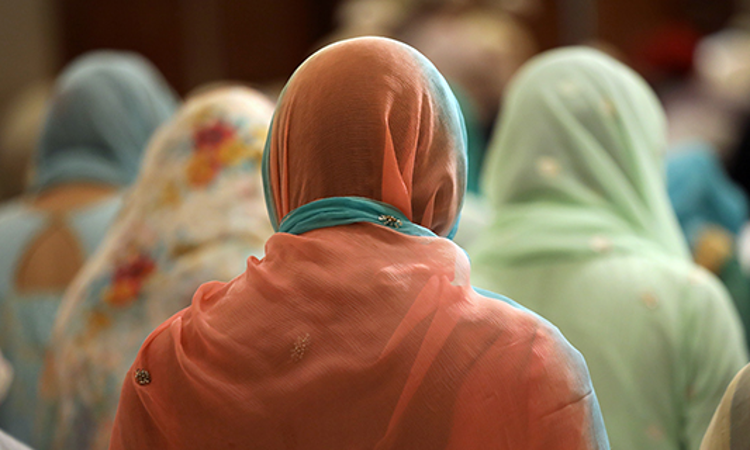The Delhi High Court has sought response of the Central Government in a review petition seeking to declare the "assumed absolute discretion" of the Muslim husband to give divorce (talaq-ul-sunnat) to his wife at any time without any reason or advance notice to her, as arbitrary, anti-shariat, discriminatory and unconstitutional.Justice Vipin Sanghi and Justice Jasmeet Singh granted eight...

